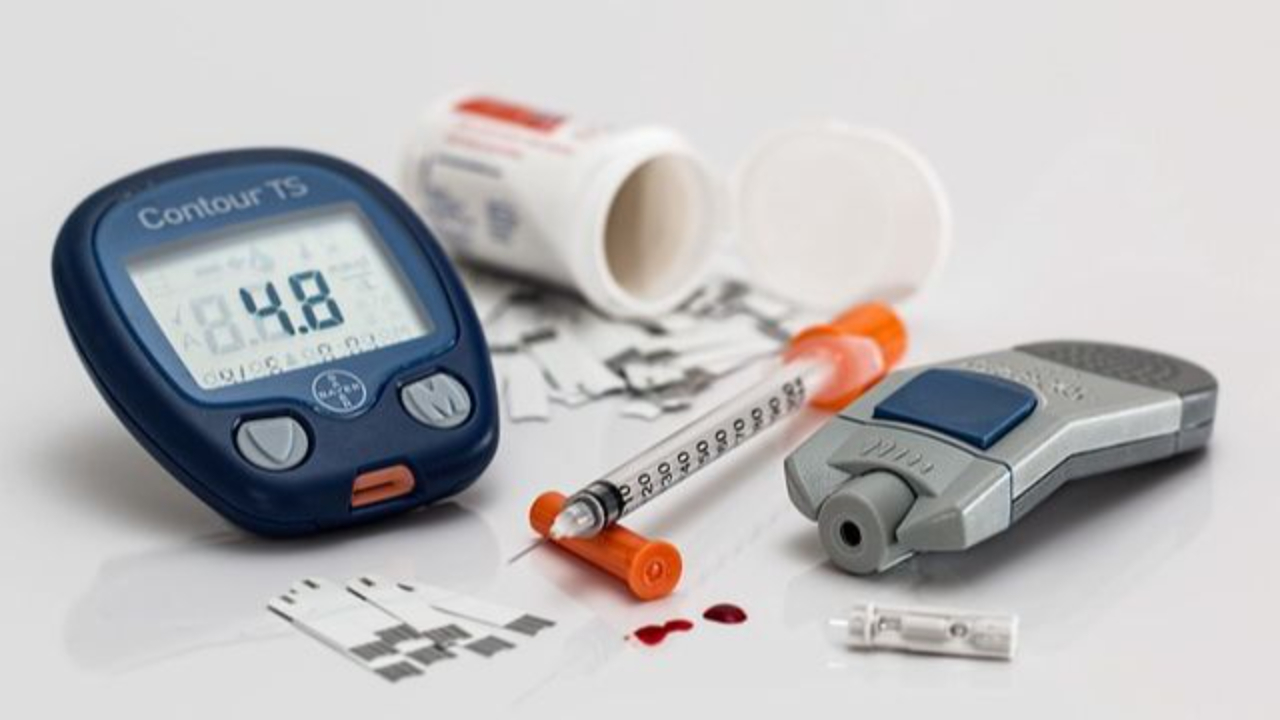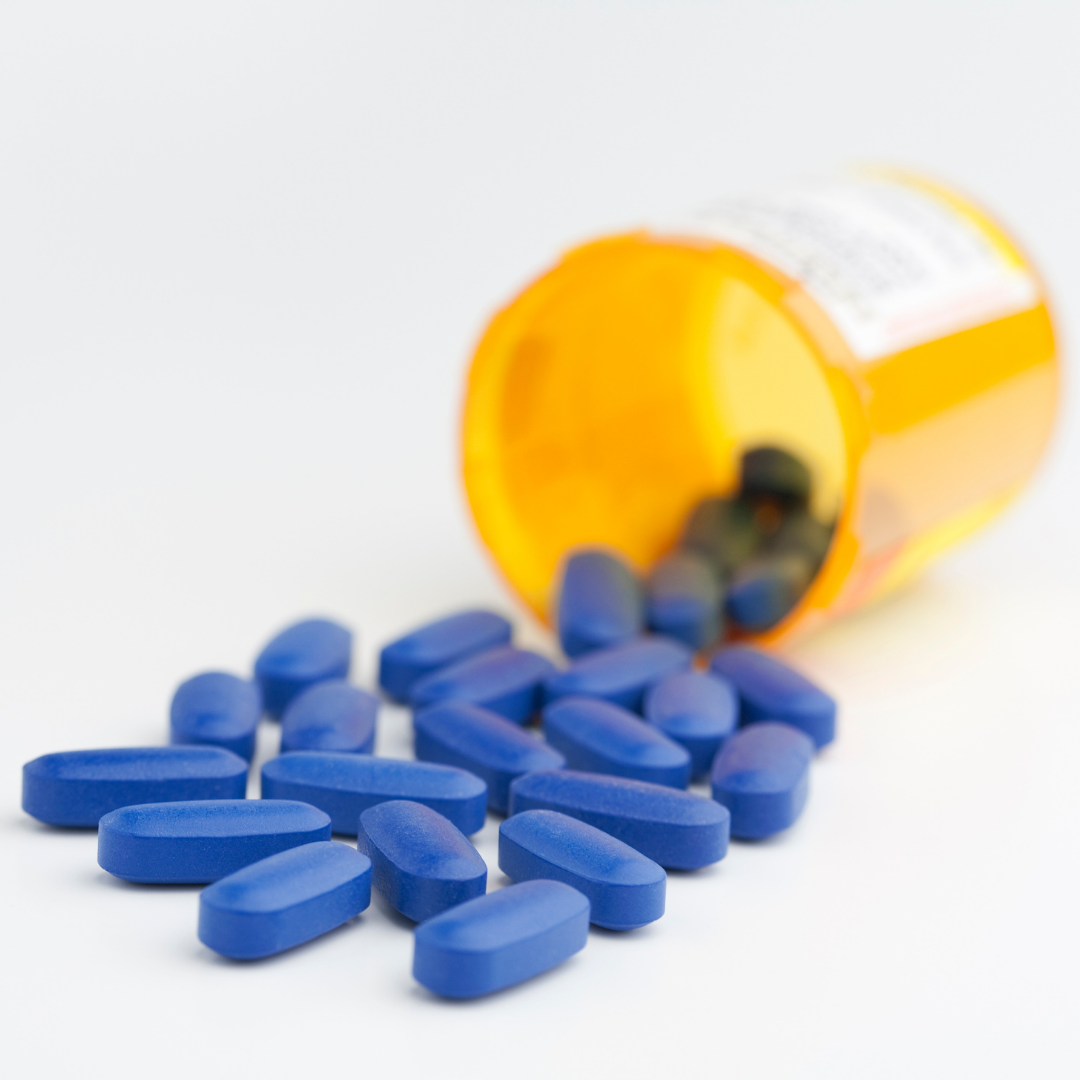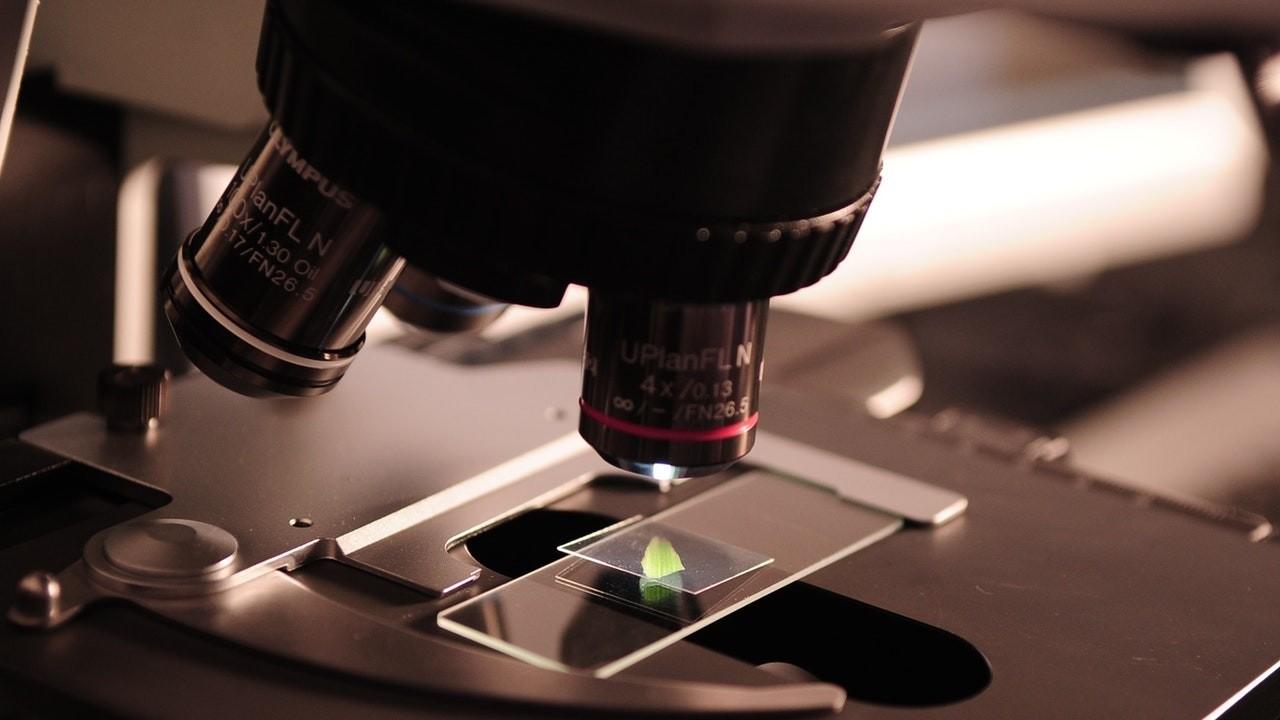The KB Wellness Blog
Delve into our KBW Blog, offering expert insights from your trusted Integrative Nutritionist Kristen on gut health, mold toxins, and more. Discover transformative tips, in-depth articles, and a wealth of resources for achieving holistic well-being.
KBW | Ozempic Alternatives

Ozempic, a semaglutide medication originally developed for the treatment of Type 2 Diabetes, is all the rage for weight loss these days. While it works incredibly well for both, it may come at a cost. I discuss the popular drug’s pros and cons in a previous blog that you can read here → Ozempic Pros and Cons. And in today’s blog, we’re going to discuss some natural alternatives and their clinical evidence for you to discuss with your medical healthcare provider.
How Do Semaglutides Work?
These medications act on GLP-1 receptors and have several main mechanisms of action. It’s important to understand how they work when discussing alternatives so you can understand how and why these alternatives may work for the goals you want to accomplish.
- Semaglutides stimulate the release of insulin from the pancreas. This can help improve glucose regulation and control, which is helpful both for blood sugar management and for weight loss. Biomarkers clinicians typically follow for blood sugar...
KBW | Ozempic - is it all it’s cracked up to be?

Ozempic is an incredibly popular (and controversial!) drug at the moment. Ozempic is a semiglutide medication that acts on GLP-1 receptors and is an FDA-approved treatment for Type 2 Diabetes. It works by stimulating the release of insulin from the pancreas, reducing the release of glucose from the liver, suppressing appetite, and slowing the rate of food absorption from the stomach. Together all of these actions can reverse Type 2 diabetes and lead to rapid weight loss as well.
Once practitioners and patients caught on to the weight loss miracle Ozempic provides, usage skyrocketed. On June 4th, of 2021, the FDA announced the approval for Ozempic for use as a weight loss medication in adults with a BMI of 30 or above, or 27 or above in the presence of at least one weight-related comorbidity (ex: high blood pressure, diabetes, etc.). Technically, Ozempic has a sister drug, Wegovy, that is the same exact semi-glutide medication, but Ozempic is labeled for use in Type 2 diabetes, and We...
KBW | Medications and Their Nutrient Depletion Side Effects

70% of Americans take at least one prescription medication
*according to the National Institute on Aging and the Mayo Clinic
First off - this is not a medication-shaming blog. I see that far too often in the “holistic health” world, and I don't think it's right. I think that sometimes you need meds. And that’s ok. (And...sometimes you don’t need them...and they’re handed to you to mask your symptoms instead of getting to the root cause...but that’s a blog for another day!).

𝗧𝗛𝗜𝗦 𝗜𝗦 𝗔𝗟𝗟 𝗔𝗕𝗢𝗨𝗧 𝗘𝗗𝗨𝗖𝗔𝗧𝗜𝗢𝗡 𝗔𝗡𝗗 𝗔𝗪𝗔𝗥𝗘𝗡𝗘𝗦𝗦.
𝙒𝙝𝙮? Because I’ve had countless clients come to me on meds, and when I ask if they are aware of the nutrient depletion risks and ask if they’ve been tested for depletions, given education on how to avoid them, etc...the answer. IS. ALWAYS. NO. 🤦♀️
Seriously. Not one single person has gone, “Oh yes. My prescribing provider made me aware that metformin can deplete my B12 and lead to peripheral neuropathy, and they have tested me for my levels and gave me a pamp...
KBW | WHAT PROBIOTIC SHOULD I TAKE?

WHAT PROBIOTIC SHOULD I TAKE?
DO YOU HAVE ACNE, CARB, AND SWEETS CRAVINGS, TROUBLE SLEEPING, FATIGUE, DIFFICULTY LOSING WEIGHT, OR DIGESTIVE ISSUES? IF YOU ANSWERED YES TO ANY OF THOSE QUESTIONS, YOUR MICROBIOME MAY BE TO BLAME. OTHER DISORDERS IMPACTED BY THE MICROBIOME ARE ANXIETY AND DEPRESSION, YEAST INFECTIONS, IBS AND IBD, SIBO, AND MORE. IN TRUTH...THERE ARE FEW HEALTH ISSUES OUT THERE THAT AREN'T AFFECTED BY THE MICROBIOME.
SO, WHAT IS IT? THE TERM “MICROBIOME” REFERS TO THE APPROXIMATELY 100 TRILLION ORGANISMS THAT LIVE WITHIN (AND ON!) YOUR BODY, INCLUDING BACTERIA, YEAST, FUNGI, VIRUSES, PARASITES, AND HELMINTHS (WORMS). THE MAJORITY OF THEM ARE CONCENTRATED IN THE GUT, WHICH IS WHERE WE’LL FOCUS TODAY.
WE'VE ALL HEARD THAT TO HAVE A HEALTHY MICROBIOME, PROBIOTICS ARE ESSENTIAL, BUT THERE ARE SO MANY DIFFERENT KINDS. HOW DO WE KNOW WHICH ONES WORK AND WHICH ARE A WASTE OF MONEY? AND EVEN WITHIN THOSE THAT "WORK", WHICH ONES WORK FOR US AND OUR UNIQUE MICROBIOME NEEDS? ...
KBW | Magnesium

Let's Talk Magnesium
Let's get a few things straight before we take a deeper dive into all things magnesium.
Magnesium is an incredibly important mineral for the human body.
Most people are pretty deficient in magnesium, however.
These deficiencies lead to a whole host of ailments.
The solution to these deficiencies is twofold, magnesium-rich food and supplementation, which is often needed because our soil is depleted in magnesium after decades of poor farming practices.
So What is Magnesium?
For starters, it's a whole lot more important than you probably know...
- Magnesium is one of the most abundant minerals in the body.
- 50% of magnesium is located in and on the surface of the bones.
- Magnesium is a necessary cofactor for over 300 biochemical reactions in the human body (such as muscle building, maintaining nerve function, keeping a healthy heartbeat, and sustaining optimal immune system function).
- Magnesium is not easily absorbed into the digestive tract unless at ...
KBW | THE SHOCKING TRUTH ABOUT SUPPLEMENTS

My friend stared at me in disbelief, her mouth agape with confusion until she finally mustered up the words, “How the heck are regular people supposed to know what to do?!” I don’t expect them to, I told her. That’s why I’m just going to have to do it for them. Because this is just not fair. What on Earth am I talking about?

The Billion-Dollar Industry of Supplements
The supplement industry, while encouraged to use GMP (good manufacturing practices), is mostly left to the honor system. Seriously.
The DSHEA, enacted by Congress in 1994, classifies these products as foods rather than as drugs (Ventola, 2010), which switches the burden of proof for safety, efficacy, and more to the company itself and off of the FDA.
There are Good Supplements
There are, of course, many good supplement companies out there who make GMP-certified supplements, but for every good one, there are a dozen bad ones that “test” *wink wink* their product and deem it “safe” and “effective” *wink wink* and ...

